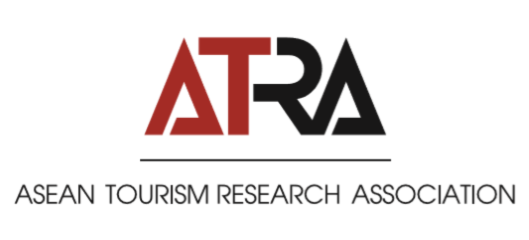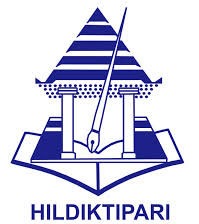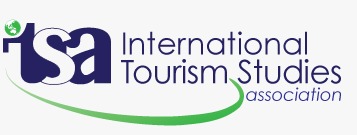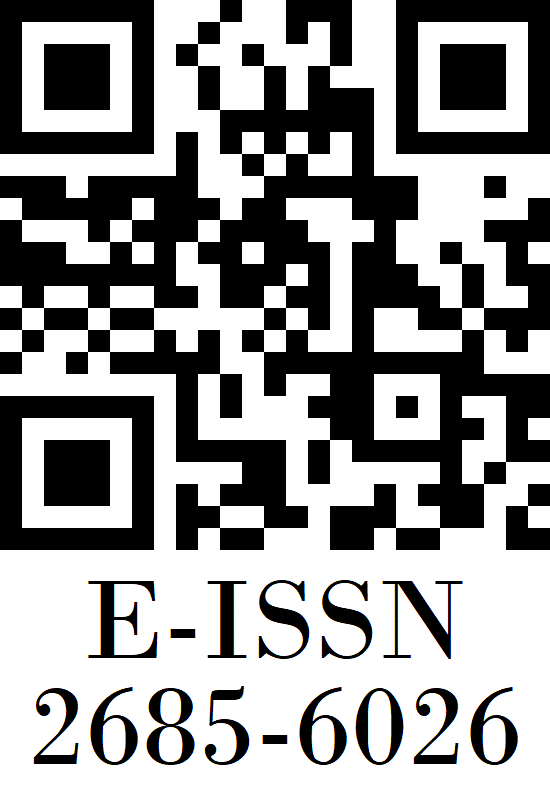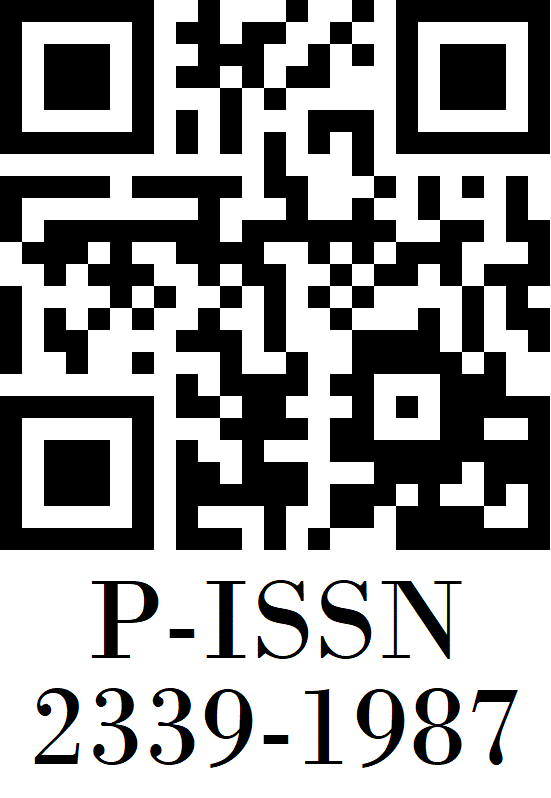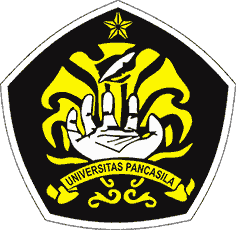JAKARTA INTERNATIONAL STADIUM : NEW DESTINATION FOR JAKARTA TOURISM
DOI:
https://doi.org/10.35814/tourism.v11i1.4221Keywords:
Jakarta Tourism Destination, Jakarta International Stadium, Destination Parts, OpportunityAbstract
Jakarta is the capital city of a country with a variety of cultural and historical diversity in its development. It also has tourism potential with many widespread tourists in all corners of the city. With an up-and-coming market, the city of Jakarta has become the business center of the tourism industry in Indonesia, so business opportunities in the form of tourist destinations have the potential to develop on the condition that these destinations have added to be able to reach the market and win market the competition. For this reason, this study will explain a new tourism destination in Jakarta, namely the Jakarta International Stadium located in PapangoPapagong Priok District, North Jakarta Administration City, using a qualitative approach with an exploratory analysis approach, discussion, and Literature Study. The results of this study will identify the history of the Jakarta International Stadium, the 4A component of Tourism, and the potential for tourism development.
References
Amin, G., Rahmiati, F., Ismail, Y., Simatupang, T., Larso, D., & Othman, N. (2019). Tourism Development in Jakarta in the Perspective of Human Resources. Altasia Indonesian Tourism Journal, 2(2).
Bambang Supriadi, S. E., & Roedjinandari, N. (2017). Tourism Destination Planning and Development. State University of Malang.
Budi, S.P. (2015). Strategy for Development of Urban Tourism Areas Case Study of Jakarta.
Demolingo, R. H. (2015). Strategy for Development of Bongo Village Tourism Destinations, Gorontalo Regency. Journal of Tourism Management, 1(2).
Eddyono, F. (2021). Tourism Destination Management. uwais inspiration from Indonesia.
Ervina, E., & Octaviany, V. (2019). SWOT ANALYSIS OF BANDUNG TOURISM COMPONENTS. Champion's Familiar Journal, 4(4), 31-39.
Fikiya, M., Fathoni, M. A., & Yetty, F. (2021, August). The Influence of 4A Halal Tourism on Tourist Satisfaction Visiting DKI Jakarta. In Proceedings of BIEMA (Business Management, Economic, and Accounting National Seminar) (Vol. 2, pp. 348-364).
Herawati, T., & Akbar, D. (2011). Study on the development of MICE tourism potential in the city of Solo in order to increase regional competitiveness. Epigram, 8(2).
HERMAN P, P. E. T. R. U. S. (2017). Analysis of Visitor Assessment of Tourism Management Attributes 4A (Attraction, Accessibility, Amenity, Ancillary) at Kalasan Temple Tourism Object, Sleman Regency, Yogyakarta Special Region (Doctoral dissertation, Unika Soegijapranata Semarang).
Lumanauw, N., & Gupta, I. G. B. W. (2020). Development of Potential Event Venues at Bali Zoo, Gianyar, Bali. Scientific Journal of Hospitality, 9(2), 179-186.
Millenia, J., Sulvinio, S., Rahmanita, M., & Osman, I. E. (2021). Sedari Village Mangrove Tourism Development Strategy Based on 4A Analysis (Attraction, Accessibility, Amenities, Ancillary Services). Scientific Journal of Tourism, 26(3), 284-293.
Miswan, M., & Sukaesih, U. (2019). Analysis of tourism destinations on the coconut island and the island of hope in the Thousand Islands, Jakarta. Journal of the Tourism Industry, 2(1), 10-20.
Muharramsyah, R. (2022). SUSTAINABILITY STRATEGY FOR MANOHARA BEACH DESTINATION THROUGH THE DEVELOPMENT OF COMPONENT 4A IN MEUREUDU DISTRICT, PIDIE JAYA REGENCY. LENTERA (Journal: Science, Technology, Economics, Social and Culture), 6(3).
Nugraha, R. N., Dewi, L., Purnama, N., & Putri, A. A. (2021). DEVELOPMENT OF PRIIJING TRADITIONAL VILLAGE AS A REBRANDING VILLAGE OF TEBARA VILLAGE, WEST SUMBA REGENCY. TURN JOURNAL, 1(2).
Nugraha, R. N., Yuliantini, T., & Karyatun, S. (2019). DKI Jakarta Tourism Trends. Journal of Management and Business Research (JRMB) Faculty of Economics UNIAT, 4(2), 317-328.
Oktaviani, D. (2019). IDENTIFICATION OF THE POTENTIAL EVENT VENUE IN SUPPORTING MICE ACTIVITIES IN BANDUNG CITY. Journal of Business Management and Economics, 17(2), 50-63.
Permatasari, D. N. C. (2021, June). Lake Kaenka Ecotourism Development Strategy Based on Component 4A in Fatukoto Village, NTT. In Journey: Journal of Tourismpreneurship, Culinary, Hospitality, Convention and Event Management (Vol. 4, No. 1, pp. 1-18).
Pradini, G. (2017). The Effect of Tourism Destination Parts, Service Quality on Destination Loyalty through Tourist Satisfaction at Ragunan Wildlife Park. EXECUTIVE JOURNAL, 14(1).
Primadany, S. R. (2013). Analysis of regional tourism development strategies (study at the regional tourism and culture department of Nganjuk Regency) (Doctoral dissertation, Brawijaya University).
Rahmanea, A. (2019). Planning Process and Construction Methods for Jakarta International Stadium.
Rani, D. P. M. (2014). Development of Tourism Potential of Sumenep Regency, Madura, East Java (Case Study of Lombang Beach). Journal of Young Politics, 3(3), 412-421.
Setyawan, H., Akbar, D., & Rudatin, C. L. (2013). Development of MICE Destinations in Jakarta and Yogyakarta. Economics & Business, 12(1).
Utama, I. G. B. R. (2017). Tourism marketing. Andi Publisher.
Wicaksono, A. (2022). Potential Development of De Tjolomadoe as an Event Venue in Colomadu Karanganyar.




